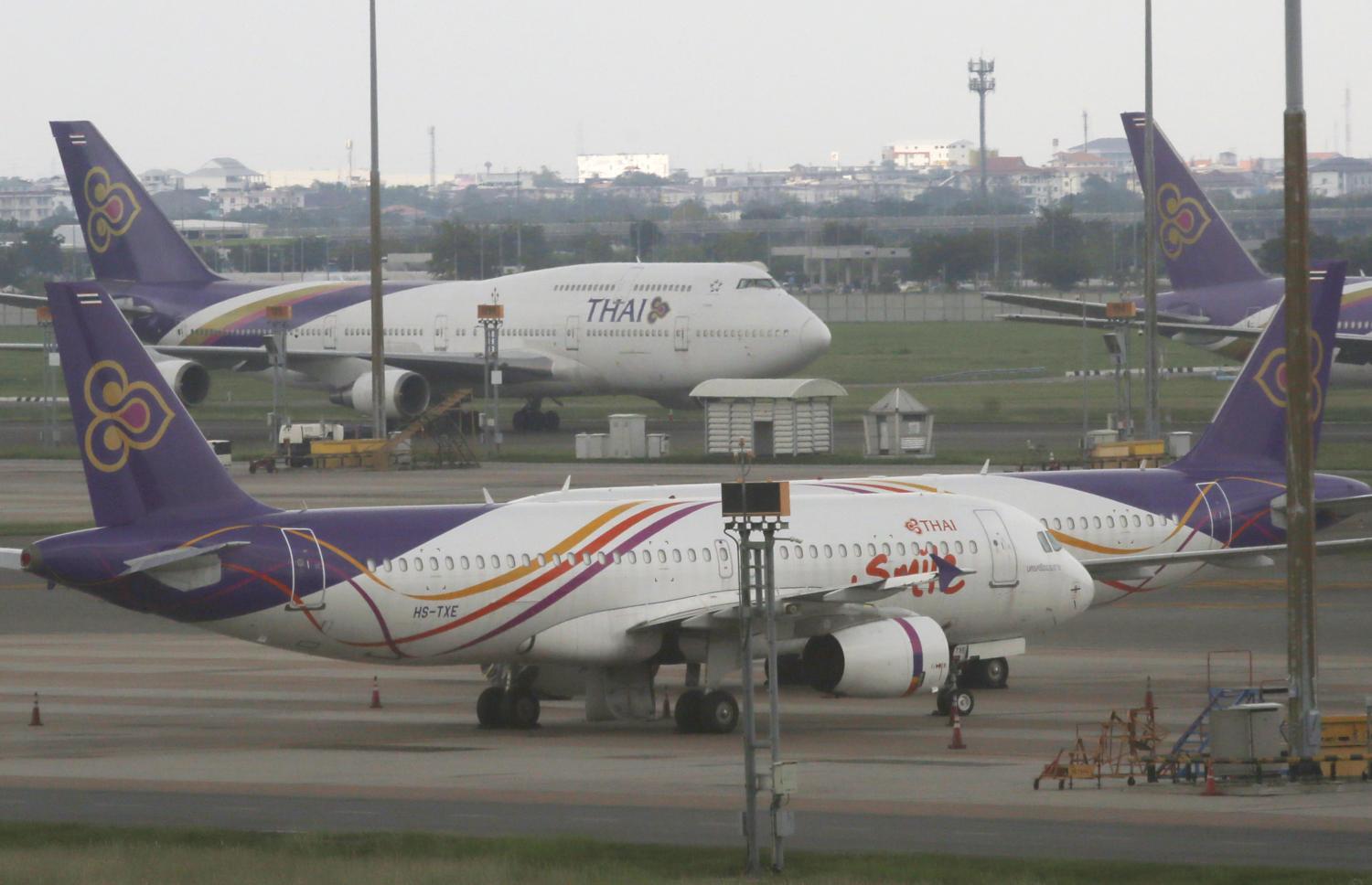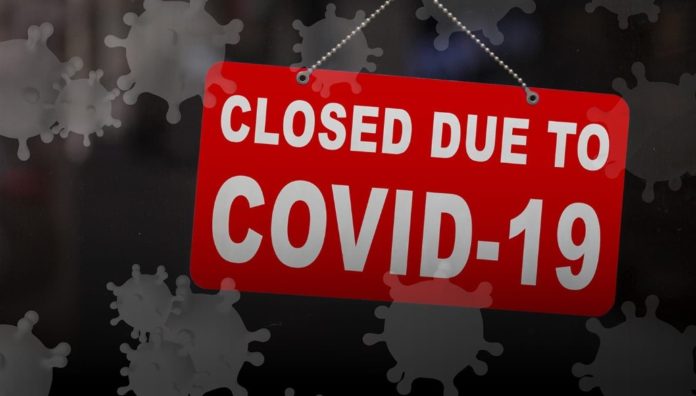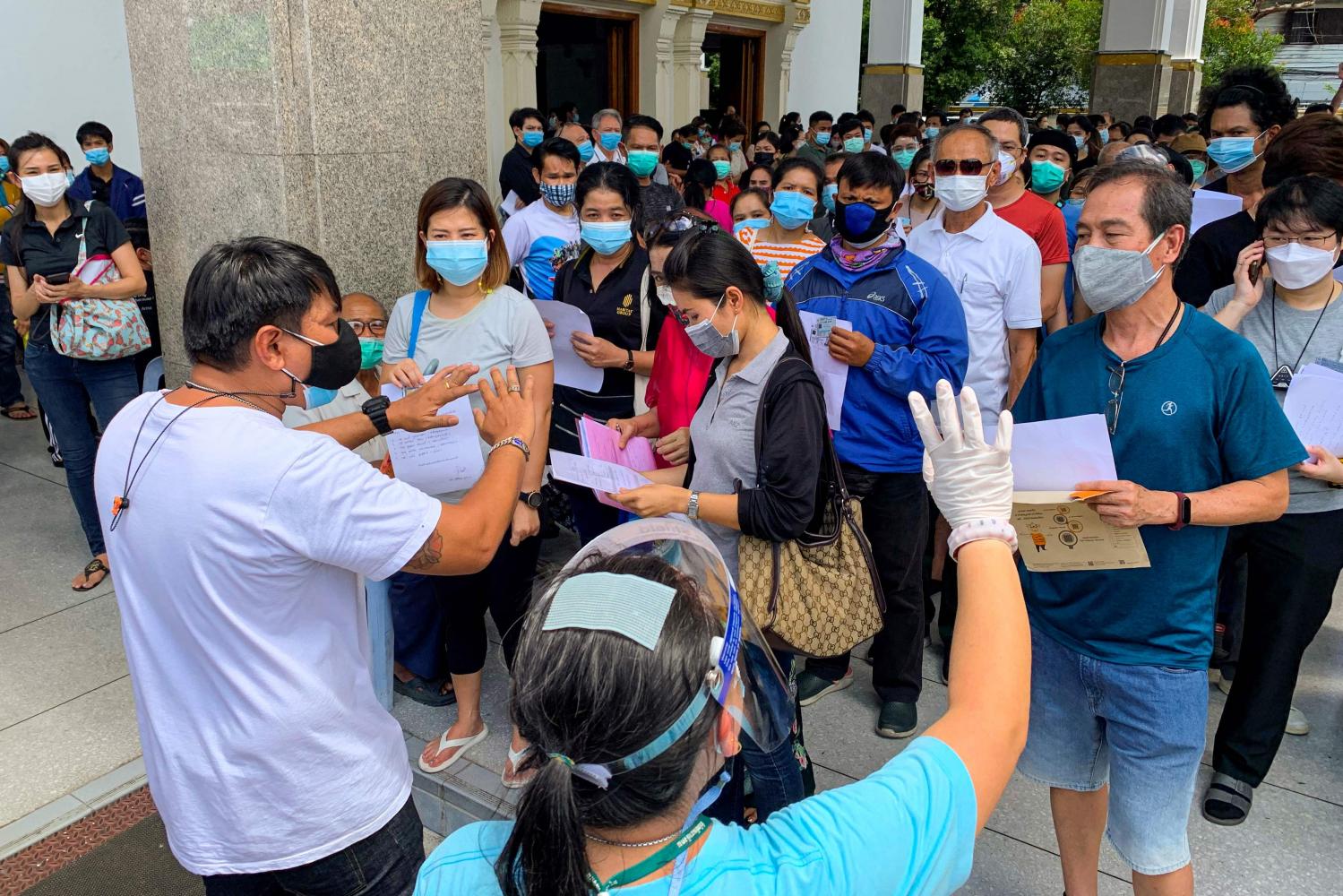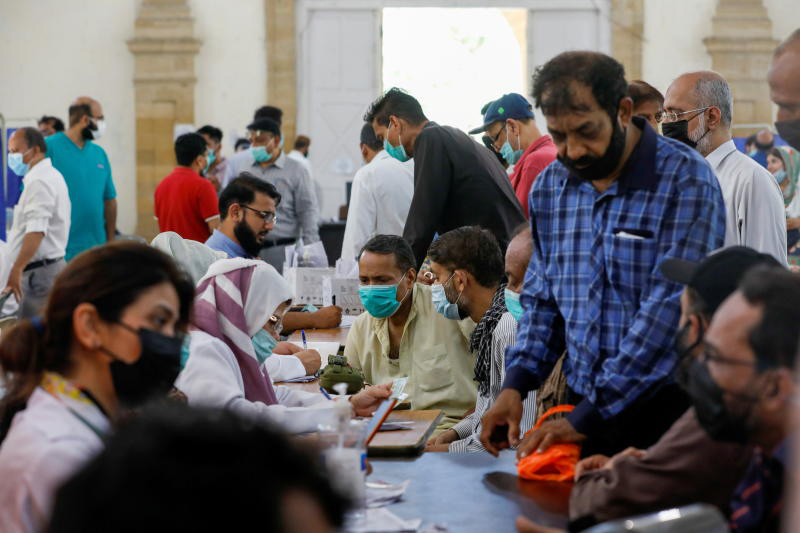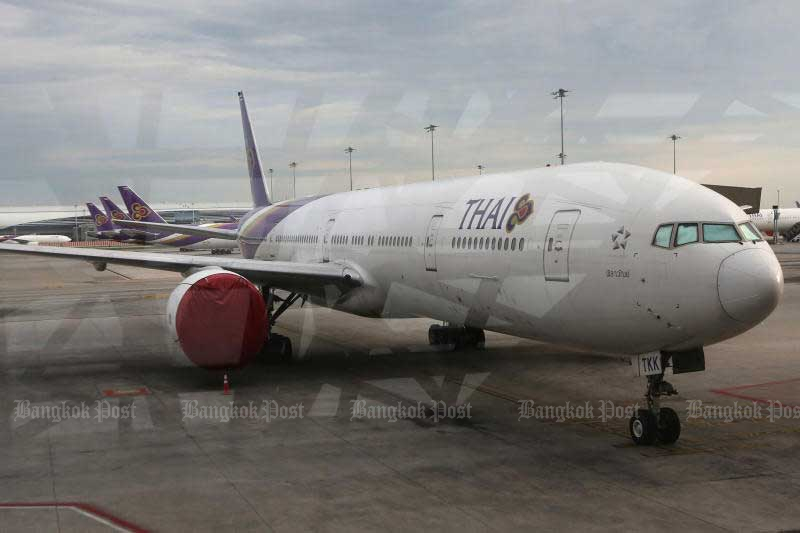Tourism operators in Thailand have hailed the country's plan to waive quarantine for vaccinated travellers from October as a positive step towards positioning the country for a robust post-pandemic recovery.
However, that plan hinges on the success of the Phuket Sandbox programme, which is expected to start in July. Under that plan, vaccinated tourists will be allowed to visit Phuket, Chiang Mai, Koh Samui, Krabi and Pattaya without mandatory quarantine.
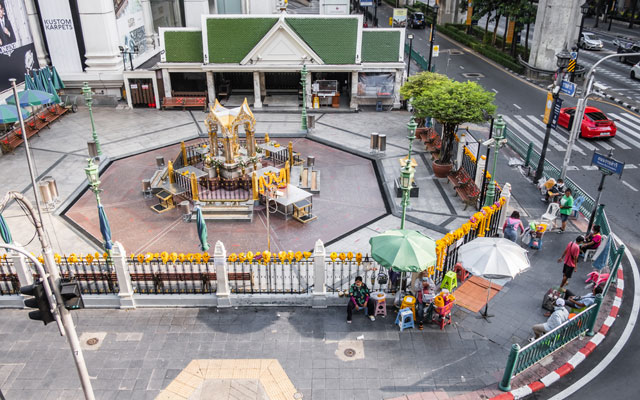
If successful, four other cities – Bangkok, Phetchaburi, Prachuap Khiri Khan and Buriram – will join Phuket in exempting vaccinated tourists from quarantine from October.
To reopen borders to foreign tourists, authorities are aiming to vaccinate more than 70 per cent of the nation's population by the end of this year.
Luzi Matzig, chairman of Asian Trails Group, said that if the plan goes ahead, he is confident of a swift rebound for Thai tourism, as it is expected that the country will see an influx of tourists, especially from Europe.
"Many Europeans have started travelling within the continent, and some are going abroad to places such as the Maldives. Soon, they will travel to Thailand," he said.
That optimistic sentiment is echoed by Udom Srimahachota, executive director at Baan Talay Dao in Hua Hin and vice president of Thai Hotels Association Western Chapter.
He projected that if Thailand reopens borders without quarantine requirements for vaccinated arrivals, four to six million foreigners or even more will return to Thailand during the last quarter this year.
However, the country must also look at the availability of commercial flights flying in and out of the country.
To ensure a safe reopening for the country, digital solutions must be harnessed, such as a digital contact tracing app, said Udom.
He also urged the government to rebuild confidence among international travellers as tourists began to view Thailand as unsafe following the third wave of Covid-19. Also, accommodations, travel agencies, transport providers, shops and restaurants must be prepared for the return of international tourists by putting in place Covid-safe regulations.
According to Thanapon Cheewaratanaporn, managing director of Quality Express, one of the biggest operators in the country servicing the China market, tourists from mainland China yearned to return to Thailand, as do those from Asian countries like Vietnam and Singapore.
However, he projected that travel patterns will change from pre-pandemic days, with tourists opting to travel in smaller groups but on a more frequent basis.
Travel expenses will also increase as tourists are likely to go for only good quality products and services, he said, adding that the number of budget tourists are likely to decrease compared to before the crisis.
